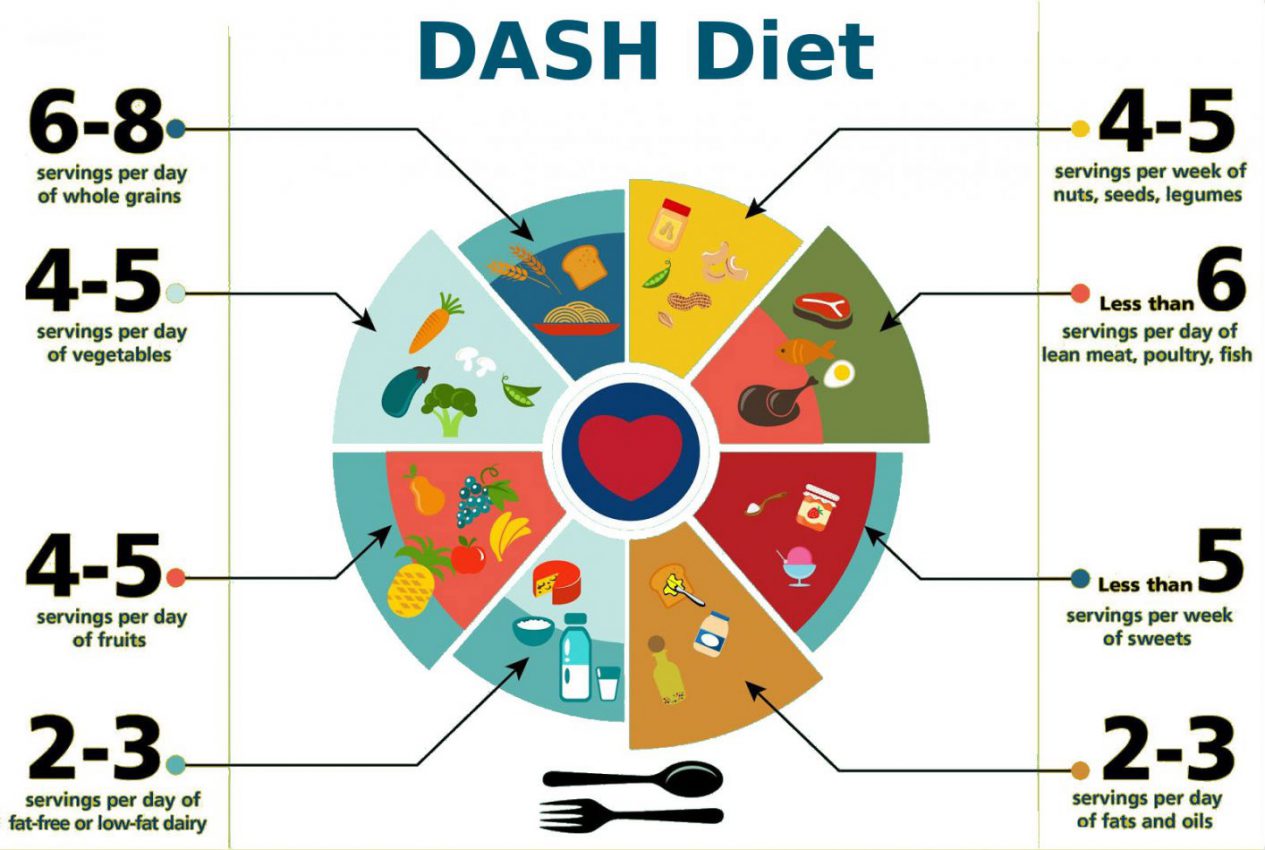Just as the question, “what is it to be human?”, has troubled humans from the beginning of history, the question, “what is the human microbiome?” has troubled researchers since the … Read more
A higher intake of plant-based products along with a lower intake of animal products may reduce the risk of digestive and lung cancers
In November 2018 researchers from France published the results of their study to assess the association between a plant-based dietary score and cancer risk. A higher plant-based dietary score reflects … Read more
A higher intake of flavonoids reduces the risk of cardiovascular disease
In January 2019 researchers from Spain, Brazil and the USA published the results of their study to assess the relationship between types of polyphenols and risk of cardiovascular disease (myocardial … Read more
In middle-aged and elderly women physical activity and moderate alcohol consumption may reduce the risk of cardiovascular disease, whereas smoking and a higher BMI increases the risk
In September 2018 researchers from The Netherlands, Brazil and the UK published their review of the medical scientific literature to assess the association between lifestyle factors (smoking, physical activity, alcohol … Read more
Individuals with diabetes type 2 may find that improving their adherence to an overall healthy lifestyle will reduce their risk of coronary heart disease by 12%, stroke by 21% and cardiovascular disease mortality by 27%
In June 2018 researchers from the USA and China published the results of their study to assess the association between an overall healthy lifestyle, including diet, non-smoking, moderate-to-vigorous intensity physical … Read more
A higher Healthy Lifestyle Score reduces the risk of cardiovascular disease
In December 2018 researchers from Spain and the USA published the results of their study to assess the relationship between a healthy lifestyle and risk of cardiovascular disease. 19,336 individuals … Read more
Tears of the anterior cruciate ligament may increase the risk of cardiovascular disease in later life
In September 2018 researchers from the USA published the results of their study to assess the potential long-term medical consequences associated with a tear of the anterior cruciate ligament. 3,506 … Read more
Circadian rhythm
Circadian disruption has been classified as probably carcinogenic to humans by the World Health Organization’s International Agency for Research on Cancer. So what is it?
The circadian clock is the … Read more
Chocolate 45g per week appears to reduce the risk of cardiovascular disease
In June 2018 researchers from China published their review of the scientific literature to assess the effect of chocolate on risk of cardiovascular disease. A total of 23 studies involving … Read more
Polycyclic aromatic hydrocarbons
Polycyclic aromatic hydrocarbons (PAH) are a group of chemicals released from burning coal, oil, rubbish, tobacco and wood. They are also present in products made from fossil fuels, such as … Read more
A higher nut intake appears to be associated with a reduced risk of cardiovascular disease, cancer and a premature death from respiratory disease, diabetes, and infections
In December 2016 researchers from Norway, UK and the USA published the results of their review of the medical scientific literature to assess the relationship between nut consumption and risk … Read more
A fruit and vegetable intake of 800g per day appears to reduce the risk of cardiovascular disease and an intake of 600g per day reduces the risk of cancer
In June 2017 researchers from Norway, UK and the USA published the results of their review of the scientific literature to assess the relationship between fruit and vegetable intake and … Read more
Chocolate may be associated with favourable health outcomes
In June 2018 researchers from Italy, Austria and the UK reviewed the scientific literature to assess the different health outcomes associated with chocolate consumption. A total of 240 articles were … Read more
DASH diet* turns 21 in 2018 – scientifically proven to lower blood pressure levels and cholesterol, plus reduces the risk of several types of cancer, heart disease, stroke, heart failure, kidney stones, diabetes type 2, depression and even slow the progression of kidney disease
In April 1997 researchers from the USA published the results of their study to assess the effect of dietary patterns on blood pressure levels. 459 adults with systolic blood pressures … Read more














